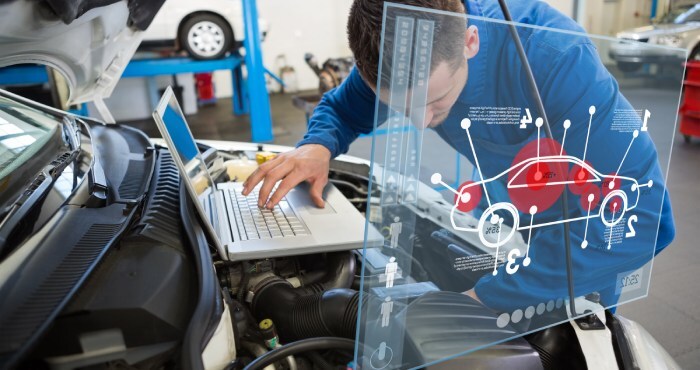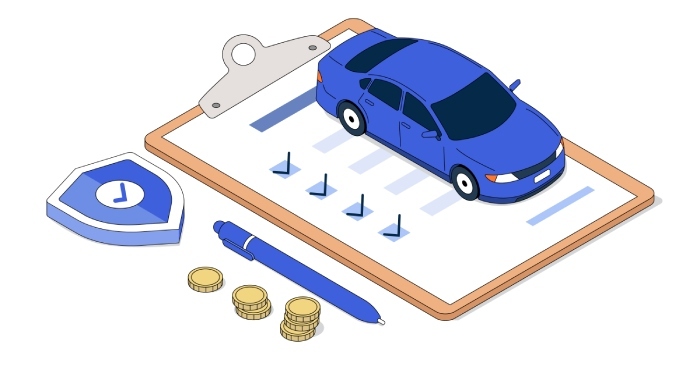Purchasing a new or certified pre-owned vehicle typically comes with the expectation of dependable and safe operation. Yet, some unfortunate buyers discover defects in their cars — issues that are often already recognized within the automotive sector. What should you do if your dealership refuses to acknowledge a known problem? Regrettably, this scenario is more prevalent than many realize, and addressing it demands tenacity, knowledge of your rights, and sometimes, legal support.
In this comprehensive guide, we will examine the actions you can take when a dealership overlooks your concerns regarding a defect, the workings of manufacturer communications and recalls, and the legal options available to you, particularly under California’s strong Lemon Law.
Understanding Known Car Defects
A “known defect” generally denotes a mechanical or software problem that is frequently acknowledged by owners of a particular vehicle model and may also be recognized by the manufacturer. Such issues can include:
- Information provided in technical service bulletins (TSBs)
- Being subject to recalls, whether voluntary or mandated by the National Highway Traffic Safety Administration
- Involvement in class action lawsuits
- Documented in consumer complaints on platforms like NHTSA or CarComplaints.com
If your vehicle displays a problem that aligns with these characteristics, it is reasonable to believe that the manufacturer — and consequently, the dealership — are aware of the issue.
Why Some Dealerships Deny Defects
It can be quite disheartening when a dealership dismisses your issues. Here are some reasons this might occur:
Financial Incentives and Warranty Limitations
Dealerships function as separate franchises, and work covered by warranties typically yields lower compensation compared to repairs paid for directly by customers. When a defect is acknowledged under warranty, the dealership receives reimbursement from the manufacturer at a predetermined (and often reduced) rate.
Absence of Official Communication
Occasionally, dealerships may not have received formal recall announcements or updated Technical Service Bulletins (TSBs), or they might opt not to inform customers in advance. If a manufacturer has not officially recognized a defect, the dealership may fail to identify the issue within their systems.
Protecting Against Liability
Recognizing a known defect could lead to accusations of negligence or potential lemon law claims. To safeguard themselves, some dealerships may choose to deny the existence of the problem.
Insufficient Diagnosis
At times, service technicians may genuinely struggle to reproduce the issue, particularly if it occurs sporadically. This creates uncertainty between a mechanical malfunction and a subjective experience.
Step-by-Step Response When a Dealership Denies a Defect
If you’re stuck with a defective car and a dealership unwilling to help, follow these strategic steps:
Document Everything
As soon as you notice any issues with your vehicle, it’s essential to keep detailed records. Note the date and mileage whenever a problem arises, and provide a clear explanation of the issue. If the defect is visible or can be heard, take photos or videos to document it. Retain all receipts from service visits and work orders — even if the dealership claims “no problem found” — as they can help demonstrate a trend of ongoing issues.
Furthermore, keep all correspondence with the dealership or manufacturer, including emails, texts, and voicemails. This thorough documentation will serve as a crucial asset in building a strong case with the help of California Lemon Law lawyers under Lemon Law protections.
Research Known Issues
Begin by investigating if the problem with your vehicle is a common issue that others have encountered. Check reliable websites such as NHTSA.gov to find information on recalls, consumer complaints, or ongoing investigations specific to your vehicle’s make and model. This platform can help you ascertain whether your issue is part of a broader safety problem recognized by federal agencies.
Additionally, you might want to look into Technical Service Bulletins (TSBs) available on sites like Edmunds, AllData, or the official websites of car manufacturers, which often detail recurring problems acknowledged by the manufacturers themselves. Online forums, such as CarComplaints.com and discussions on Reddit, can provide firsthand experiences from other vehicle owners facing similar challenges. Make sure to print or save any pertinent documents that bolster your case, as they can significantly enhance your argument.
Request a Copy of the Diagnostic Report
Should a dealership conduct an inspection of your car and report “no issues found,” request the diagnostic report. This encourages openness and may uncover that the problem was identified but not resolved.
Additionally, ask them to provide a written statement indicating that they could not reproduce or diagnose the problem. This adds pressure on the dealership and establishes a documented record.
Visit Another Dealership
You are not restricted to the dealership where you purchased your vehicle. Feel free to visit another authorized dealer. Various technicians or service managers might have alternative methods for addressing the issue or may be more inclined to help.
Occasionally, a new perspective and a different environment can lead to a better resolution.
Contact the Manufacturer Directly
The majority of car manufacturers maintain a department dedicated to customer support or case management. When reaching out, be sure to provide your Vehicle Identification Number (VIN), a comprehensive explanation of the issue you’re facing, and evidence that the dealership has not addressed it.
Request that your concern be escalated and ask for a representative from the manufacturer or a field engineer to become involved, particularly if the matter pertains to safety.
File a Complaint with the NHTSA
The agency in charge of upholding vehicle safety regulations is the National Highway Traffic Safety Administration. Submitting a complaint can initiate an inquiry, and if several consumers highlight the same issue, it may result in recalls or hold manufacturers accountable.
Consider State Lemon Laws
If your vehicle is still covered by warranty and the dealership has made several unsuccessful attempts to address a flaw, it could be considered a “lemon.”
Take California as an example: the Song-Beverly Consumer Warranty Act safeguards consumers whose new or certified pre-owned cars consistently fall short of expected quality and performance levels.
California Lemon Law applies when:
For your vehicle to be eligible for coverage under the Lemon Law, it needs to exhibit a significant flaw that affects its usability, market value, or safety. This issue must continue to exist despite several attempts to fix it by the dealership, or the vehicle should have been out of commission for 30 days or longer. Additionally, it’s essential that the problem arose within the warranty period provided by the manufacturer, even if the repairs took place afterward.
If your claim is approved, you could receive a full refund (buyback), a replacement vehicle, and compensation for legal fees along with other associated costs. These solutions aim to protect consumers from the financial strain of owning a defective vehicle.
What If the Dealer Claims It’s “Normal Operation”?
Dealerships often employ this strategy, especially when addressing concerns related to transmissions, brakes, or software. When they say something is “functioning as designed” or “operating normally,” it doesn’t imply that the problem isn’t legitimate.
To challenge this, you can:
- Collect evaluations from independent mechanics
- Reference other consumer grievances or legal actions
- Demand a review from the manufacturer
Keep in mind that a defect remains a defect even if it affects many vehicles. Widespread manufacturing problems still deserve attention and resolution.
When to Hire a Lemon Law Attorney
If you find yourself in a tough spot, it might be wise to reach out to a lemon law attorney, particularly in states such as California where consumer protections are strong.
Many lemon law attorneys provide complimentary case evaluations and work on a contingency fee structure, which means they only receive payment if you achieve a favorable outcome or reach a settlement. In successful claims, the manufacturer is usually responsible for covering your legal costs.
An attorney can:
- Assess whether your case meets the criteria set by the law
- Manage all correspondence with the dealership or manufacturer
- Initiate legal action if needed
- Negotiate for a refund, replacement vehicle, or settlement agreement.
How Lawsuits and Settlements Typically Proceed
Should you choose to take legal action, the majority of Lemon Law disputes are typically settled through negotiations rather than reaching the courtroom. Companies frequently provide solutions such as a complete or partial refund, settling the outstanding loan amount, or reimbursing expenses incurred, including rental vehicles, towing charges, and repair fees.
Nevertheless, in rarer cases — especially when the manufacturer challenges responsibility — the matter may escalate to arbitration or litigation. In these scenarios, possessing robust documentation and securing legal counsel can greatly enhance your likelihood of achieving a positive result.
If a dealership denies the existence of a recognized defect in your vehicle, you still have options. To protect your investment, be sure to maintain detailed records of the issue, understand your rights under consumer protection laws like the California Lemon Law, and consult with independent experts. Don’t overlook persistent mechanical problems or manufacturer flaws — stay proactive, remain persistent, and consider reaching out to a lemon law attorney San Diego to ensure your concerns receive the attention they deserve.








